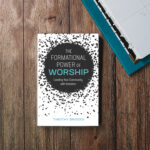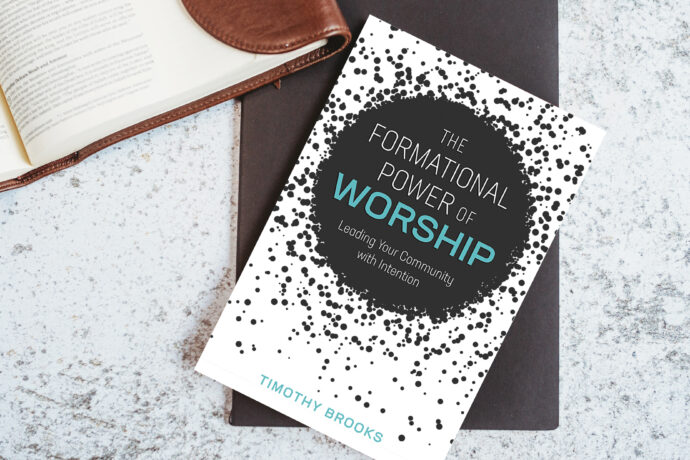I am consumed with “why?” questions. No matter the topic, conversation, or arena, I want to get at why before anything else. I have, as such, become obsessed with sports statistical revolutions, business analytics, philosophy, and political theory, among other subjects.
Simon Sinek, a business writer, gave a famous TED Talk that spoke to me in a way that was nearly romantic it was so personal. In his talk called “Start with Why,” he argued that most people communicate with whats and hows, but that humans are inspired by being told “why.” If we have a compelling mission or are marketed to with a way that we can participate in a compelling mission, we are often stimulated to join that mission. He cites Apple as a company that starts with “why”—a company that wants to challenge the status quo—as having a superior company message than competitors Dell or Gateway. Apple, he says, is not making better phones, MP3 players, or computers than anyone else; they are simply telling their story better. Apple’s messaging makes customers feel that they are part of a family, a mission, a larger story.
Now, indulge me for a moment. Isn’t that precisely what we, as church leaders, want for our people and our church? For people to join our family, our mission, our story? Don’t we believe that our faith—which 1 Peter 1:7 describes as having “greater worth than gold”—deserves a story as compelling as Apple computers?
As Christian people, we have chosen to tell our story through worship gatherings. We utilize worship gatherings to preach the gospel, sing our faith, and re-enact the Last Supper of Jesus Christ. Each worship service, if done with care, should tell a story.
This is why I wrote The Formational Power of Worship. Often, church services and liturgy are charged with the grievous crime of being rote, but few ever ask if being rote is bad. I think what they really mean is boring. Something can be rote—habitual, mechanical, repetitive—without being boring. After all, some of us have listened to Taylor Swift’s new album twenty-seven times already, and not one note has changed with each listen. Many of us have watched Hamilton on Disney+ multiple times because we wanted to feel “It’s Quiet Uptown” again or to see the backup dancers from a different perspective. And let’s not even talk about how many times we have watched Star Wars.
The thing that pop culture knows is that great stories resonate, and we will embody stories we love. When a story truly resonates, we will buy Halloween costumes, pay for trips to theme parks, and buy each limited-edition version that comes out on DVD, then Blu-Ray, then digital download. No amount of money is too much to invest in worlds that we long to experience.
No amount of money is too much to invest in worlds that we long to experience.
Does this sound at all like Christianity’s storytelling about the kingdom that we have come to know through Jesus and that is to come in fullness? Are we telling the story in such a compelling manner that people want to find themselves in the story of Christ and his kingdom? Or, have we become not rote, but boring? Are we gathering to relive and retell the story of Jesus in the most boring way possible?
My belief is that we do not need to blow up the model of worship we have inherited, but that we need to remember why we do what we do. Do we sing? Do we pray? Is there a sermon? Is there a response or sacrament? We can remember that a grand retelling of the story of Jesus can help form us to be the Christians we need to be in a secular world that is offering all sorts of counter liturgies that ask us to be anything but Christian. After all, politics, patriotism, child rearing, education, and economics all have liturgies that form us as well.
If we can remember why we do what we do when we are designing our worship services, we can again infuse interest, meaning, formation, and participation in our worship. We can eliminate the accusations of boredom by connecting ourselves with clear objectives of what our worship is meant to call people toward, or what kind of people enter the sanctuary versus what kind of people should leave the sanctuary, having worshiped in the presence of the living God under our care as church leaders.
If we can remember why we do what we do when we are designing our worship services, we can again infuse interest, meaning, formation, and participation in our worship.
The Formational Power of Worship attempts to remember what our various worship practices call us to be. From the call to worship all the way to the benediction, each of these moments can and should be counter-formational to our secular world.
Leaders need to plan with intention. If we simply show up with the same script week after week, rote can easily become boring. In a world where the story of Jesus is one of many compelling stories, we need to remember how to tell the world’s greatest story in a manner that matches its magnificence. My hope is that this book helps us remember how to tell this story that we have been entrusted with in a manner that matches its power and meaning.
 The Formational Power of Worship is available to purchase on TheFoundryPublishing.com.
The Formational Power of Worship is available to purchase on TheFoundryPublishing.com.





0 Comments